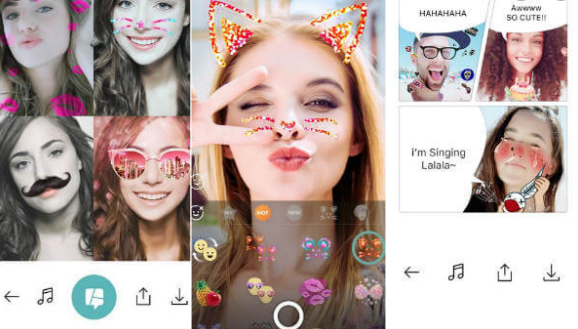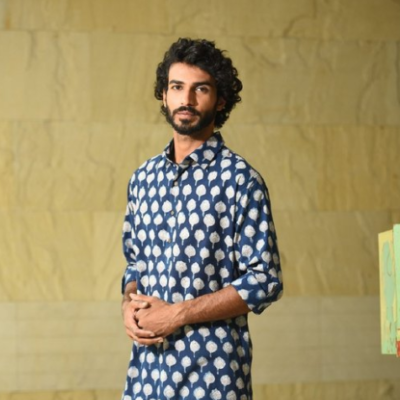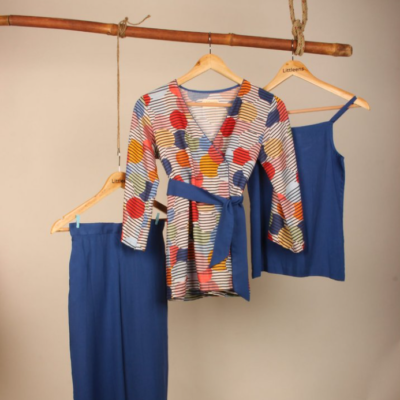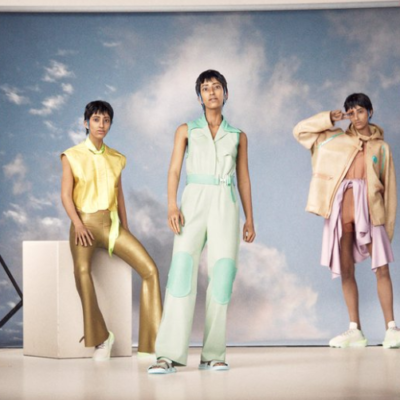Using filters to get attractive selfies is a new ‘sense of satisfaction’ for newer generations. However, according to a global study conducted by Google, the use of it is widespread in India and US. The study says that taking a selfie and sharing has become a big part of India women. So much so that it affects their behaviour and household economics. The study revealed that usage of filter for beautification purpose is highly normal and socially accepted in South Korea. At the same time, unlike Germany, the respondents from India has shown fewer concerns over the impact of filters on the wellbeing of their children.
Further, it said, more than 70 per cent photos taken from the Android phones use the front camera, Indians are quite active in clicking and sharing a selfie. Also, they consider filters to be a useful tool in enhancing their appearance. The study quotes, “Indian women, in particular, are enthusiastic about their ability to beautify their images, and they make use of a variety of filtering apps and editing tools to achieve the desired look. The most popular filter apps are PicsArt and Makeup Plus; Snapchat is used by younger users (age 29 and under) Several women reported that they never wear the same dress again if they had taken a selfie in it.”
Also read: Adman Vishwajeet Singh Rana launches exclusive fashion label for men, sons + fathers
The study also mentions that the Indian men are also active filter users, however, their usage is focused more on uploading the story rather than their appearance. Other than all this, the camera quality of the phone is also quite essential for Indian users because it creates difficulty is the selection of a new phone.
In the US, deception through filtering is a huge concern for many respondents. “In the US, the jury is out on the relative benefits and risks of filter use. We’ve heard arguments from strong proponents of filters, who enjoy the benefits of easy photo editing and beautification, as well as from opponents, who bemoan the loss of authenticity and normalisation of deception,” it said.
Shockingly the study also revealed that 24 billion photos have been found in the Google Photos those are labelled as selfies.





